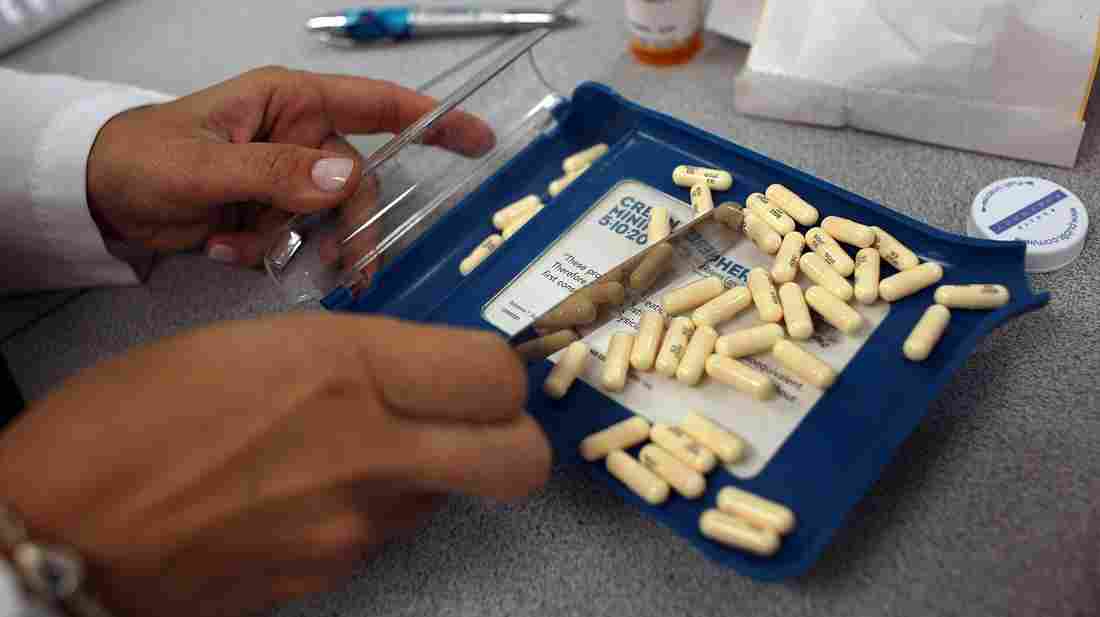
In mice, infection or inflammation during pregnancy can produce offspring with autism-like behaviors such as social avoidance, anxiety and repetitive behaviors. In a new study, researchers reduced these behaviors by feeding the mice bacteria found in a healthy human gut. The research adds to growing evidence of a gut-brain connection in autism spectrum disorder (ASD). It appears today in the journal Cell.”There's likely a lot going on outside the brain in some individuals with ASD,” comments Autism Speaks Chief Science Officer Rob Ring. “Studies that improve our understanding of these brain-gut connections are laying a pathway to innovations in treatment for those who want or need it.”Autism Speaks supported the research with a Weatherstone Predoctoral Fellowship for lead researcher Elaine Hsiao and a Suzanne and Bob Wright Trailblazer Award for senior researchers Paul Patterson and Sarkis Mazmanian, all of the California Institute of Technology.
Autism spectrum disorder (ASD) is diagnosed when individuals exhibit characteristic behaviors that include repetitive actions, decreased social interactions, and impaired communication. Curiously, many individuals with ASD also suffer from gastrointestinal (GI) issues, such as abdominal cramps and constipation.
Using the co-occurrence of brain and gut problems in ASD as their guide, researchers at the California Institute Technology (Caltech) are investigating a potentially transformative new therapy for autism and other neurodevelopmental disorders.
The gut microbiota—the community of bacteria that populate the human GI tract—previously has been shown to influence social and emotional behavior, but the Caltech research, published online in the December 5 issue of the journal Cell, is the first to demonstrate that changes in these gut bacteria can influence autism-like behaviors in a mouse model.
“Traditional research has studied autism as a genetic disorder and a disorder of the brain, but our work shows that gut bacteria may contribute to ASD-like symptoms …
In the treatment stage of their study, the researchers fed the MIA mice Bacteroides fragilis, a microbe abundant in a healthy human intestinal tract. This significantly reduced the mice's autism-like behaviors as well as the leakiness of their guts.
“Taken together, the findings provide strong support of a gut-brain connection in this mouse model of autism,” Dr. Wang comments. Caution is needed in applying the results to people, he adds. “We need further study to determine possible benefits of probiotic therapy in persons with autism.” Based on their findings, the Caltech researchers are working with collaborators to evaluate such a probiotic treatment in clinical trials.
Please Read this Article at NaturalBlaze.com





Leave a Reply